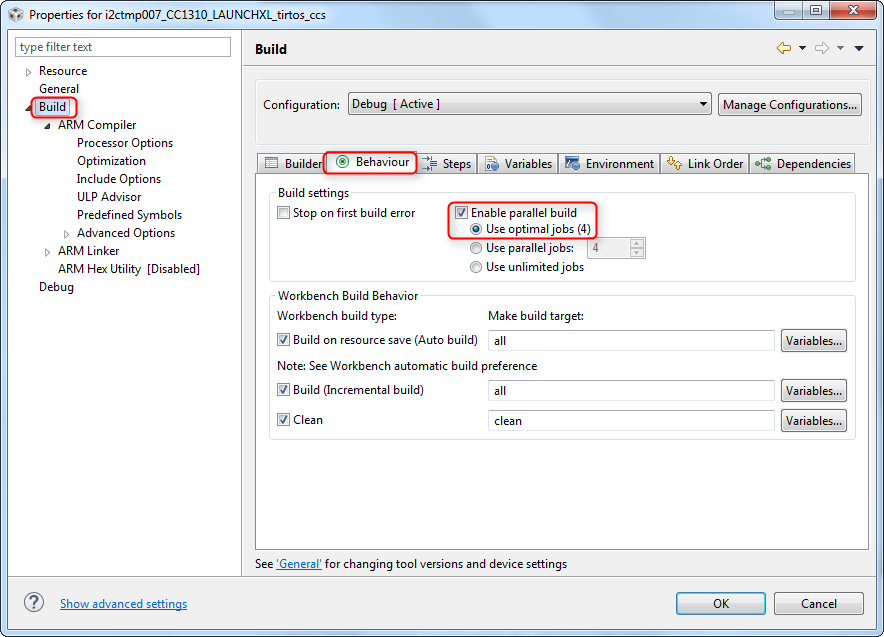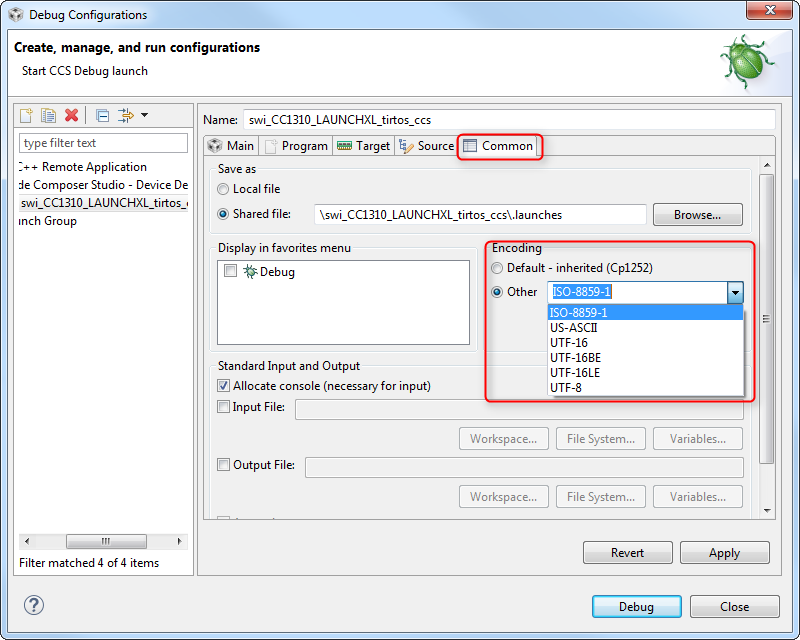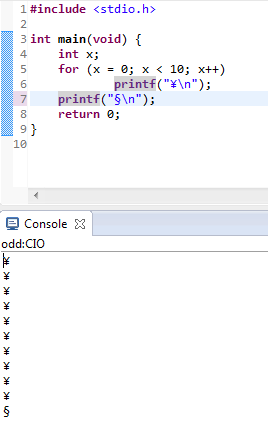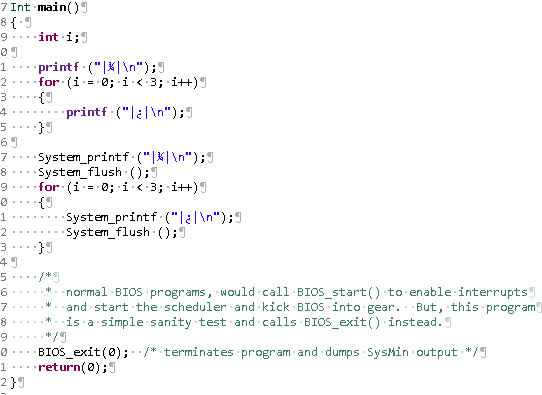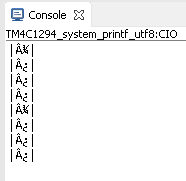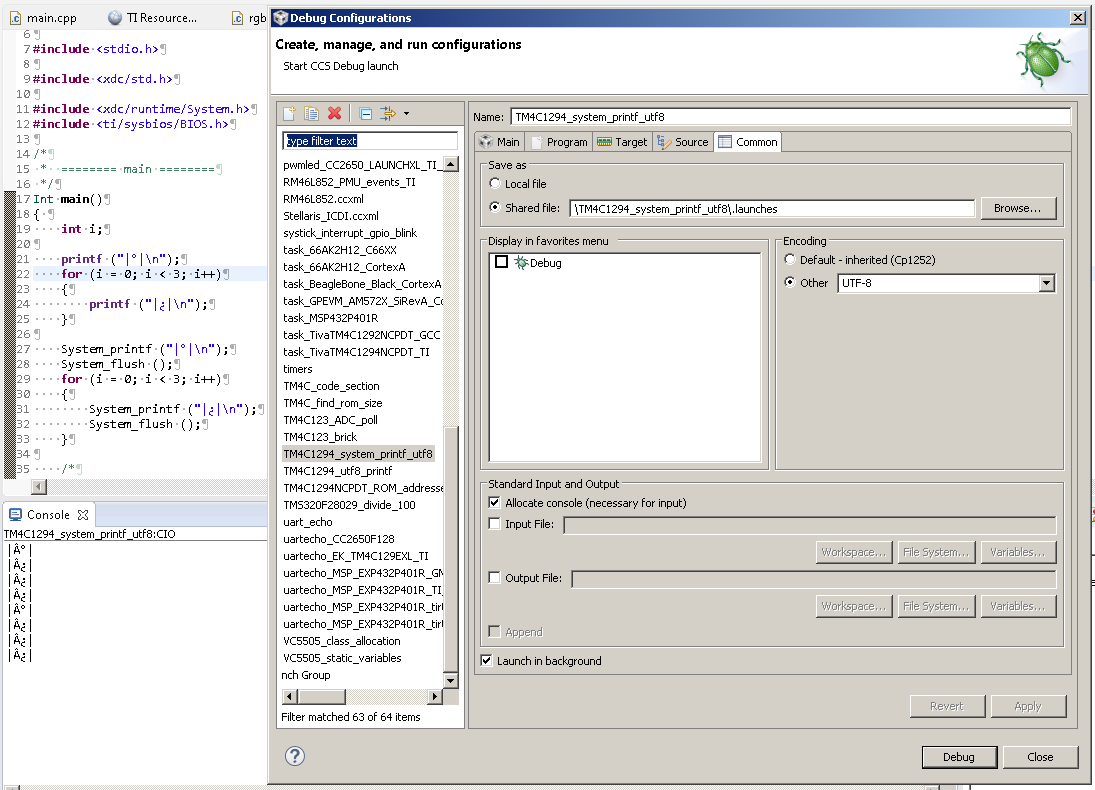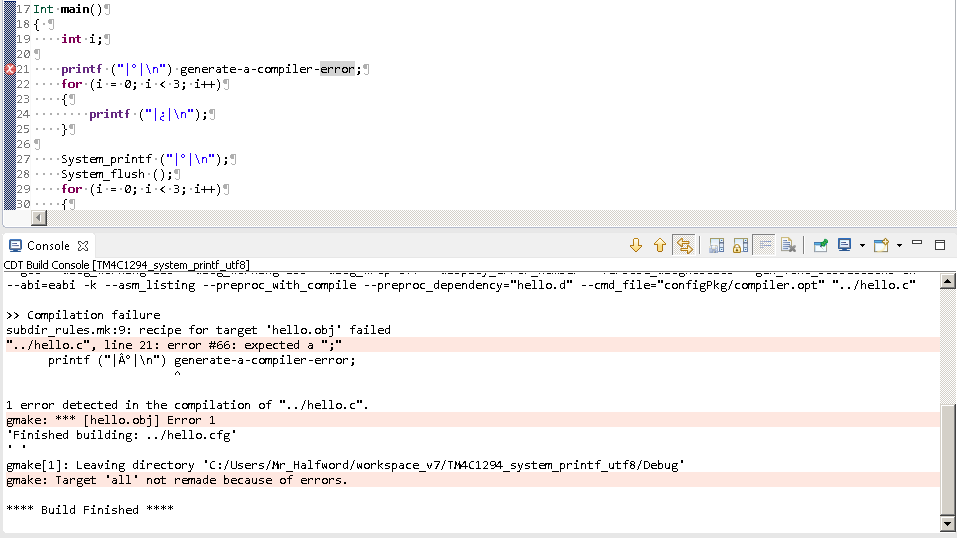Other Parts Discussed in Thread: CCSTUDIO
Tool/software: Code Composer Studio
Hi,
I'm noticing more and more how much of my time is spent waiting for CCS to build and run my code.
It takes between 65 and 90 seconds from me pressing F11 to actually seeing the output from my code, and I need to do this cycle a LOT since I'm wrestling with TI-RTOS doing random weird stuff all the time, and thus having to do tiny incremental changes while I try and work out what it's doing.
Exiting debug mode so I can try another iteration takes 20-40 seconds, so even changing a single number and testing takes at least 2 minutes.
I'm used to simply having makefile rules for upload and console output which take mere seconds.
Is there some way I can shorten the development cycle time?


